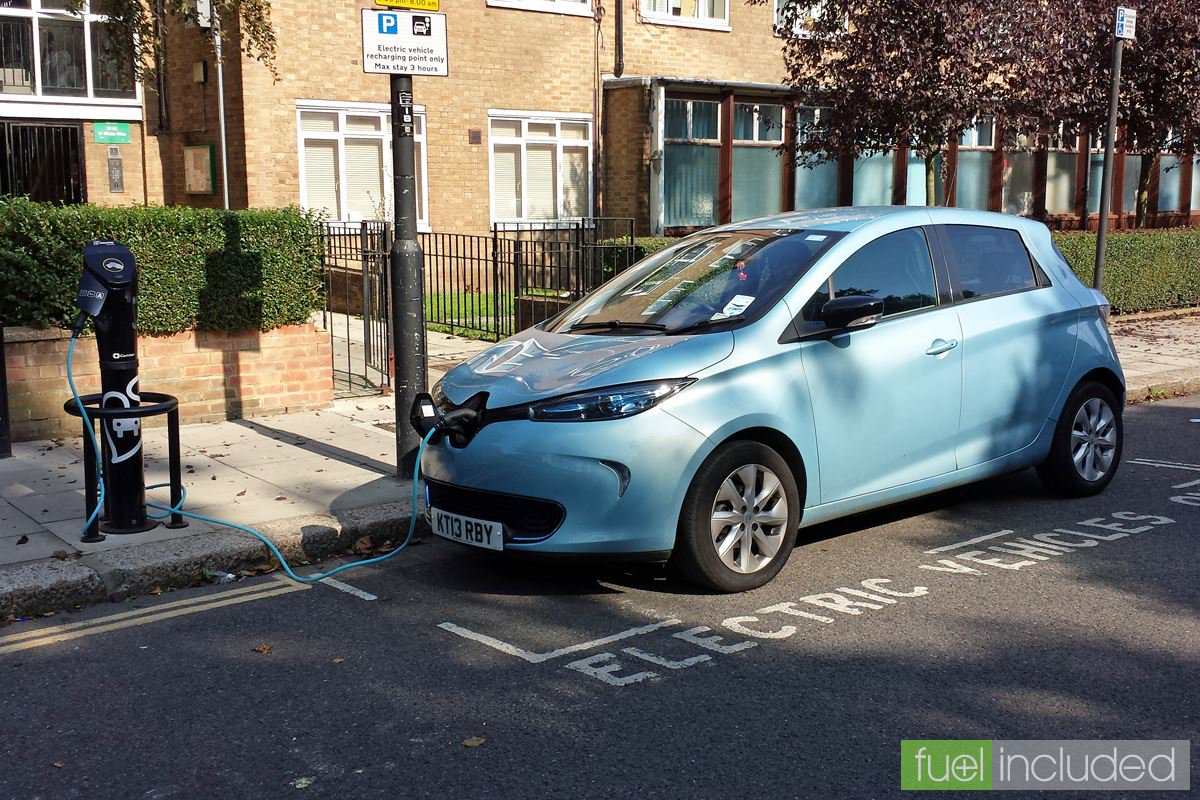Once the realm of a niche audience, electric vehicles are on the cusp of becoming mainstream as savvy motorists search for ways to cut costs and reduce emissions.
Demand for plug-in cars in the UK has surged over the last four years, with more than 130,000 registered by the end of 2017. And this number could soar to one million by the end of 2022, according to Chargemaster, the UK’s largest provider of electric vehicle charging infrastructure, meaning plug-in vehicles would comprise 10 percent of all new car registrations in just over four years.

Much of the increase in electric vehicles reflects the way society as a whole is changing.
“Consumers have become a lot more aware of climate change and want to do their bit to help the planet; the Volkswagen diesel emissions scandal really brought this to the fore,” says Peter Sermon, Director – Energy and Infrastructure Advisory at JLL. “At the same time, electric vehicles are becoming a mass market vehicle, thanks to mainstream manufacturers like Renault, Citroen, Volkswagon, Jaguar Land Rover, BMW and Nissan all offering their own models.”
Furthermore, the availability of government grants, which can be used towards the purchase price of electric vehicles and the associated charging infrastructure, as well as falling costs and better battery technology that increases electric car range, are encouraging former sceptics to move away from petrol and diesel.
Read more: JLL Real Views


